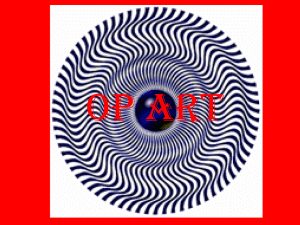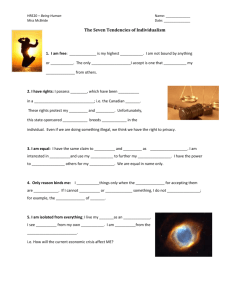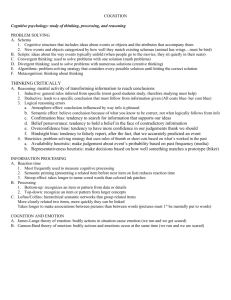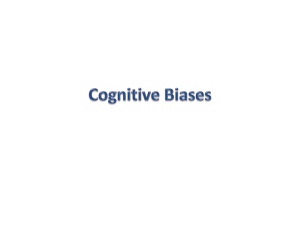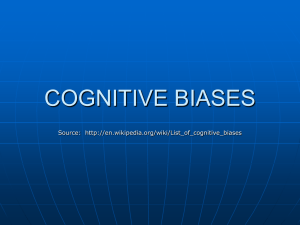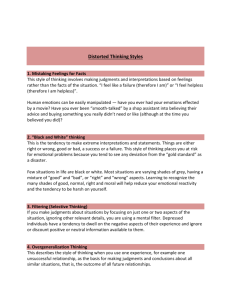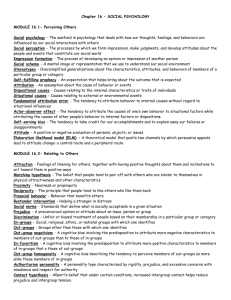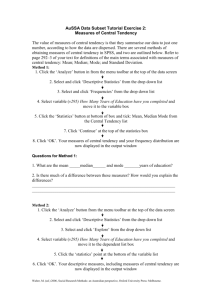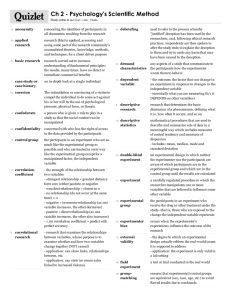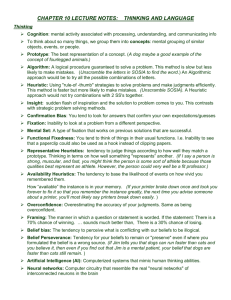Choice-supportive bias - ideal.forestry.ubc.ca
advertisement
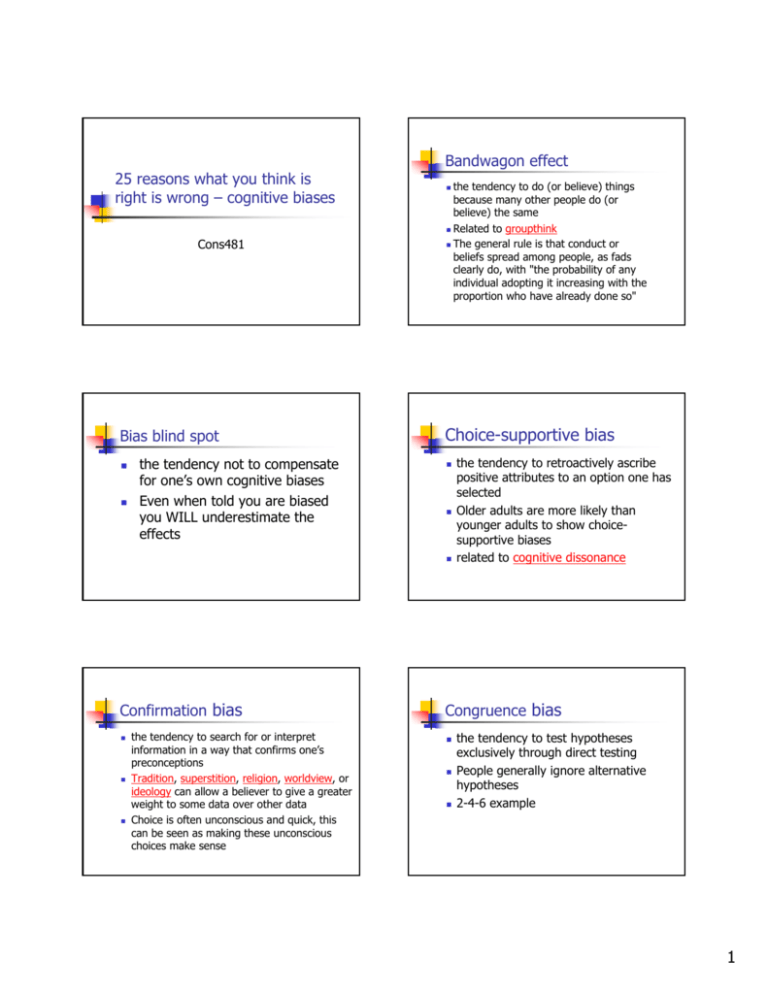
25 reasons what you think is right is wrong – cognitive biases Cons481 Bias blind spot the tendency not to compensate for one’s own cognitive biases Even when told you are biased you WILL underestimate the effects Bandwagon effect the tendency to do (or believe) things because many other people do (or believe) the same Related to groupthink The general rule is that conduct or beliefs spread among people, as fads clearly do, with "the probability of any individual adopting it increasing with the proportion who have already done so" Choice-supportive bias Confirmation bias the tendency to search for or interpret information in a way that confirms one’s preconceptions Tradition, superstition, religion, worldview, or ideology can allow a believer to give a greater weight to some data over other data Choice is often unconscious and quick, this can be seen as making these unconscious choices make sense the tendency to retroactively ascribe positive attributes to an option one has selected Older adults are more likely than younger adults to show choicesupportive biases related to cognitive dissonance Congruence bias the tendency to test hypotheses exclusively through direct testing People generally ignore alternative hypotheses 2-4-6 example 1 Contrast effect the enhancement or diminishment of a weight or other measurement when compared with recently observed contrasting object You are judged more physically attractive if you are standing next to your ugly friend Disconfirmation bias the tendency for people to extend greater critical scrutiny to information which contradicts their prior beliefs Same as confirmation bias in reverse Focusing effect placing too much importance on one aspect of an event Also known as the anchoring effect Using odometer readings to value a used car over maintenance records Are Californians happier than the rest of us? Déformation professionnelle the tendency to look at things according to the conventions of one’s own profession, forgetting any broader point of view professional training distorts your worldview "When you have a hammer, everything looks like a nail" Endowment effect the tendency for people to value something more as soon as they own it inconsistent with standard economic theory willingness to pay (WTP) should = willingness to accept (WTA) Hyperbolic discounting People generally prefer smaller, sooner payoffs to larger, later payoffs However when the same payoffs are distant in time, people tend to prefer the larger, even though the time lag from the smaller to the larger would be the same as before 2 Illusion of control the tendency for human beings to believe they can control or at least influence outcomes which they clearly cannot Superstitions, etc. Information bias the tendency to seek information even when it cannot affect action Fallacy that if we can get more information we can make better decisions Information that is not worth knowing is not worth acquiring Neglect of probability the tendency to completely disregard probability when making a decision under uncertainty Seat belt example Impact bias the tendency for people to overestimate the length or the intensity of the impact of future feeling states Applies to both positive and negative emotions Loss aversion the tendency for people to strongly prefer avoiding losses over acquiring gains People are generally risk averse The pain of losing $100 is greater than the pleasure of winning $100 Mere exposure effect the tendency for people to express undue liking for things merely because they are familiar with them Zajonc experiments 3 Omission bias The tendency to judge harmful actions as worse, or less moral, than equally harmful omissions (inactions) Cell phone example Outcome bias Planning fallacy the tendency to underestimate taskcompletion times Low probability interferences are dismissed Overhead time underestimated the tendency to judge a decision by its eventual outcome instead of based on the quality of the decision at the time it was made Surgery example Pseudocertainty effect the tendency to make risk-averse choices if the expected outcome is positive but make risk-seeking choices to avoid negative outcomes Epidemic strikes 600 people Selective perception The tendency for expectations to affect perception If you believe it, you make it true Similar to the placebo effect Treatment A = Treatment B = 72% chose A Treatment A = Treatment B = 78% chose B 200 live 1/3 chance 600 live, 2/3 all die 400 die 1/3 chance all live, 2/3 all die Status quo bias the tendency for people to like things to stay relatively the same 4 Von Restorff effect the tendency for an item that “stands out like a sore thumb” to be more likely to be remembered than other items South Park OJ example Zero-risk bias preference for reducing a small risk to zero over a greater reduction in a larger risk prefer small benefits that are certain to large ones that are uncertain 5
